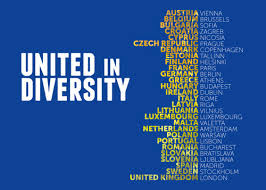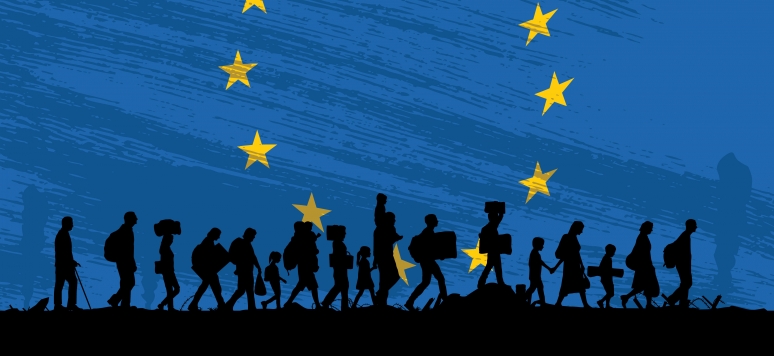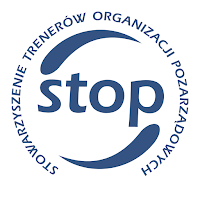After the Covid crisis, the migration issue will be soon back on the European agenda as there is still a turmoil on an international level with the terrorism issue combined with civil wars in many countries on all continents and regions (Africa, Middle East, Latin America, Asia...) leading to the emigation of many people world wide. In addition national disasters linked to the climatic crisis is also explaining the emigation of many people all around the world. These are the "push factors".There are also other more positive reaons for leaving one's country (pull factors) such as finding a better work, following studies that are not offered on a national level or family gathering.
Professionals have to take into account all the reasons explaining a migration together with the diverse profile of migrants ((age, gender, countries of origin, languages, levels of education, ...). On a European level, the integration of migrants in their transition in the labour market has been a main priority for political debate and policy initiatives in a growing number of EU member states. Professionals with a diverse profiles (professional path- social workers, educators, teachers ; status- paid staff/volunteers ; rural/urban territories…) are not well equipped to support migrants themselves also with a diverse profile to overcome the many obstacles they are faced to in the labour market. In particular they are faced to a variety of demands including linguistic, social, professional support but also and above all transversal competences.
The main barriers migrants are faced to are: a lack of recognition of their experience and of their knowledge, competence and skills. It leads to a process of deskilling that is highly demotivating. Most of the time, it is uneasy for them to be able to justify a relevant working experience in the host country as they work in the “black or grey " (undeclared) market. Mots of the time the work they do is irrelevant with their genuine qualification. Moreover, the acquisition of the host language is a main obstacle even more difficult with this lack of recognition of their previous knowledge or competence. A vicious circle is easily built that leads to social and professional exclusion.
A main innovation of the DiverPAss is to enhance a relevant competence strategy among both educators and their learners (with migrant background), combining formal/non formal/ informal learning based on a voluntary experience to be expressed in terms of competences- mainly KC2- multilingual competence and KC6- Citizenship competence.
The DiverPass projet has the will to contribute to the European debate at the moment under discussion on the New Pact for Asylum and Migration suggested by the European Commission in September 2020 that states:
"Migration is a complex issue, with many facets that need to be weighed together. The safety of people who seek international protection or a better life, the concerns of countries at the EU’s external borders, which worry that migratory pressures will exceed their capacities and which need solidarity from others. Or the concerns of other EU Member States, which are concerned that, if procedures are not respected at the external borders, their own national systems for asylum, integration or return will not be able to cope in the event of large flows.
Based on a holistic assessment, the Commission is proposing a fresh start on migration: building
confidence through more effective procedures and striking a new balance between responsibility
and solidarity."








